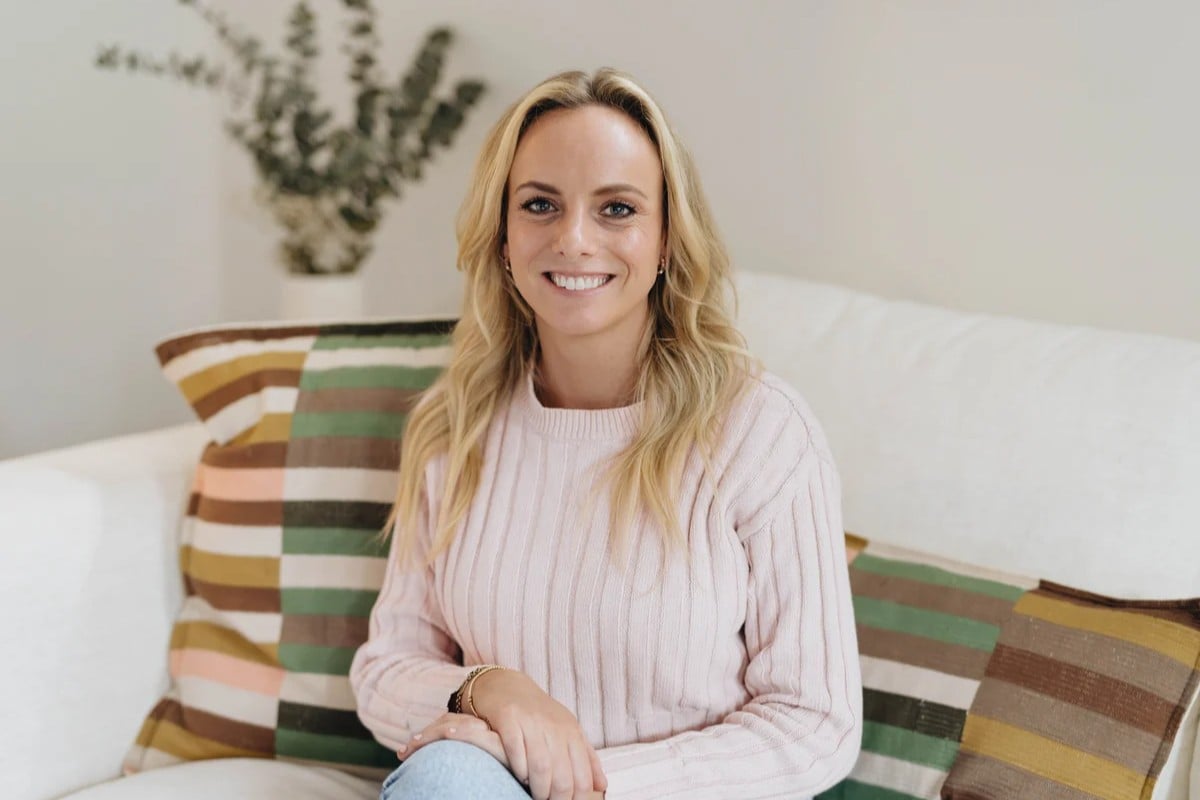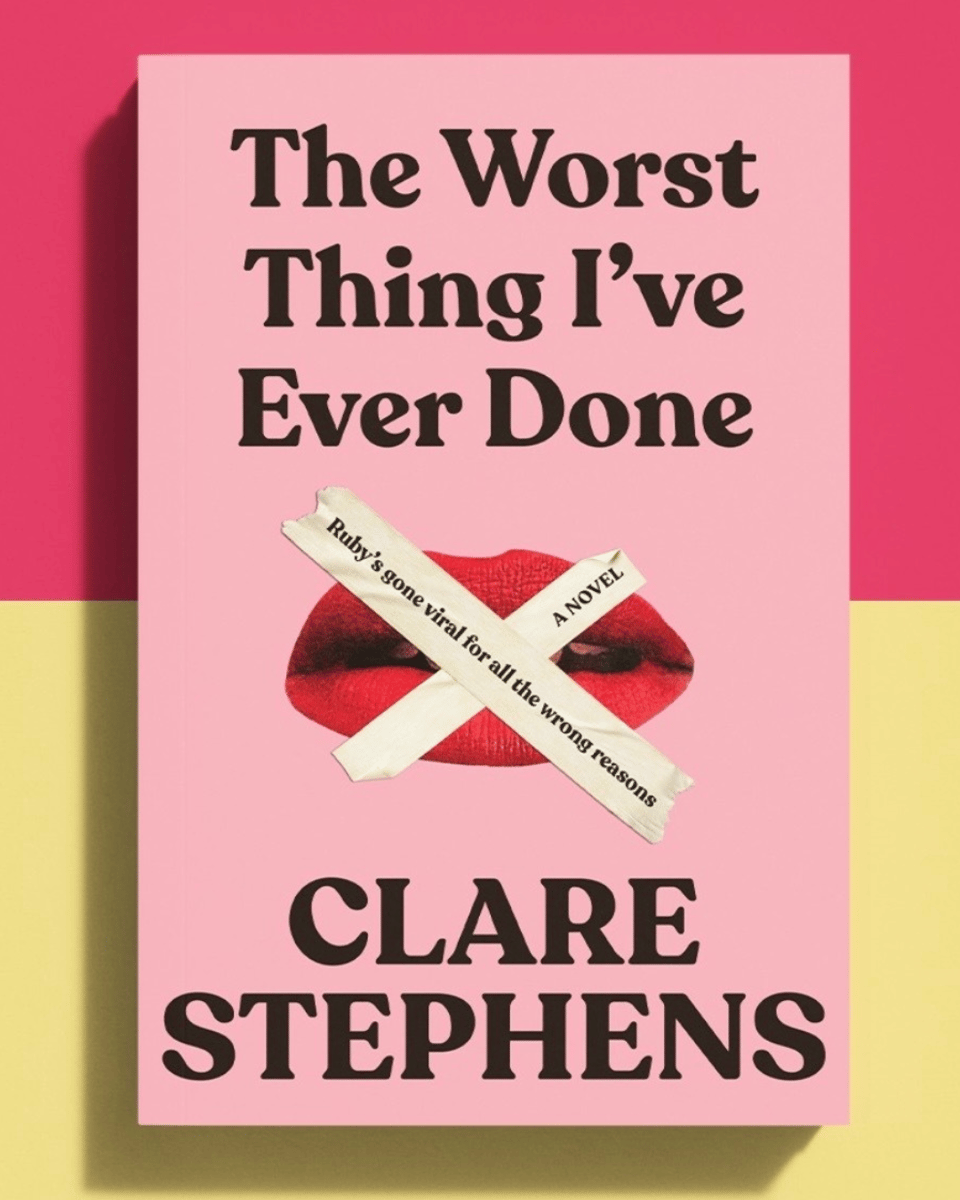
Below, I'm sharing the first pages from my debut novel, The Worst Thing I've Ever Done, released September 30 with Atlantic Books (Allen & Unwin).
It's about a woman named Ruby who finds herself at the centre of a brutal public shaming, watching on in horror as her reputation is torn apart. But when the vitriol pours in through her phone, it cracks open a visceral, personal shame from her past that she's refused to face.
Because the worst thing Ruby's ever done is not defined by the anger of strangers, but by a single, chilling scream:
Prologue
For two weeks during a humid, suffocating summer, one where a teenage boy went viral for frying an egg on the pavement and tenants in century-old Art Deco apartments slept with damp towels draped across their foreheads, I was the most hated woman in the country.
My name, once so Caucasian and boring that it afforded me an anonymity I had previously taken for granted, became a trending search term. It appeared in print and online and in comments and captions, and in the mouths of people I'd never met.
Watch: Clare and Jessie Stephens on Mamamia's Cancelled podcast. Post continues below.





























































































